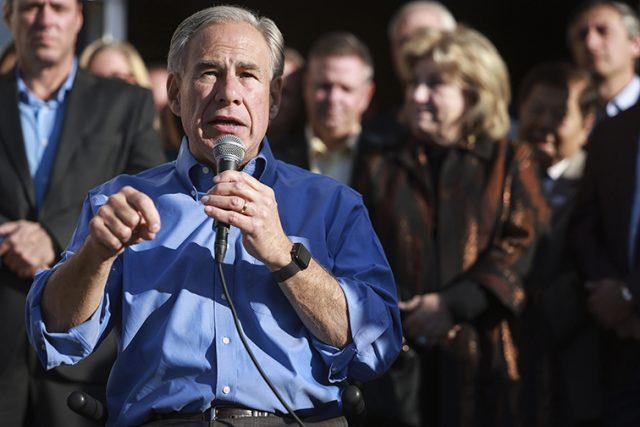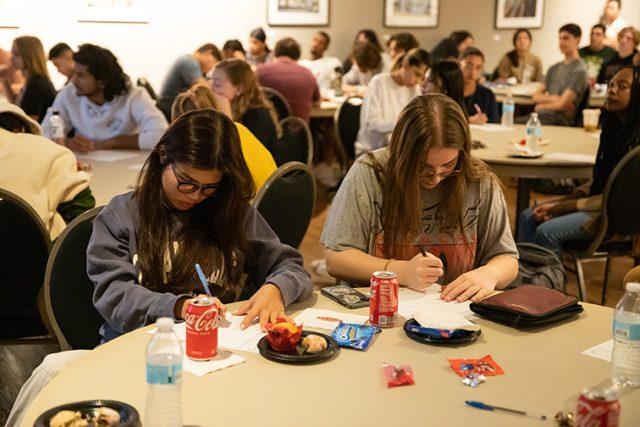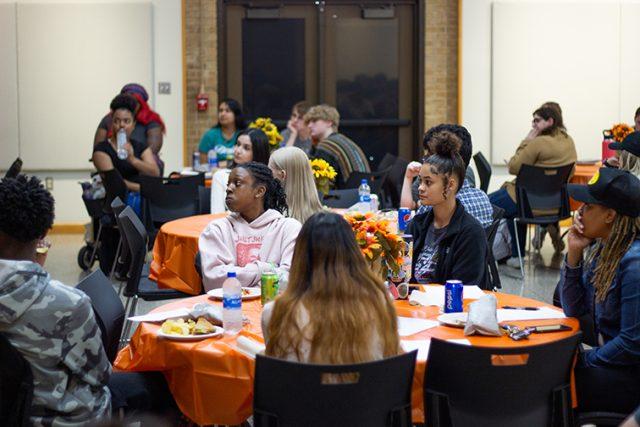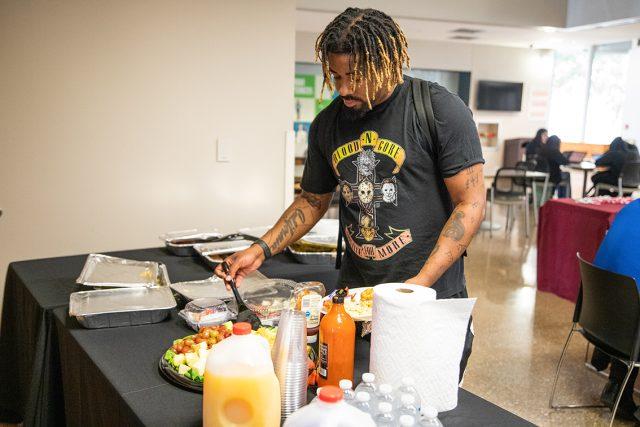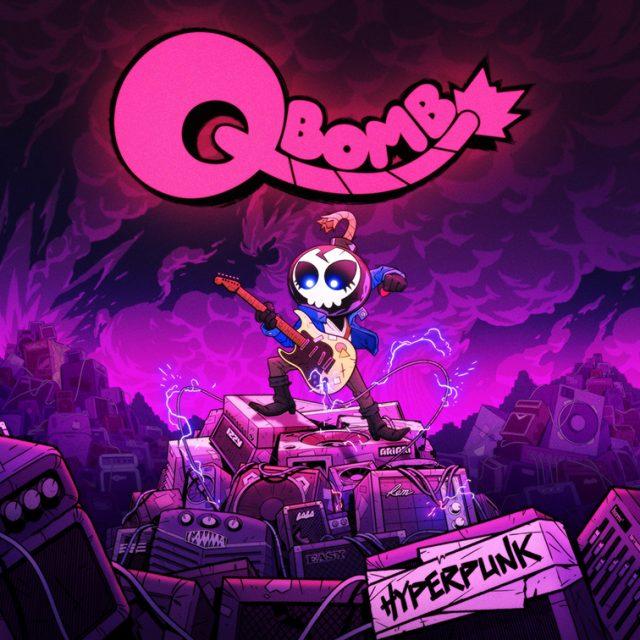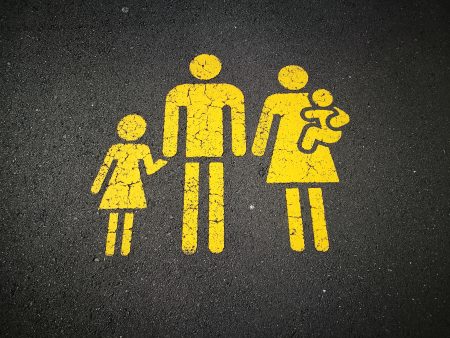
KEYLA HOLMES
campus editor
keyla.holmes@my.tccd.edu
While some may live by the sentiment, “family is everything,” this can be harmful for those who weren’t fortunate enough to experience healthy relationships with family members.
Sayings such as, “you’re nothing without family,” can perpetuate this expectation that families support one another when that’s not always the case. Growing up in a dysfunctional home can make it a treacherous journey to feeling safe in one’s identity especially when so much of it is so closely knitted to those who raised you.
I think it’s important for people to try and consider who’s in front of them when attempting to say something they think may be universal. You are something without family. You have inherent worth as a human being. Families can also be chosen. They don’t have to consist of people you are related to.
Friends and pets can be everything, passions can be everything and things that uplift and empower can be everything. Not everyone has the privilege to say that they came from households that made them feel strong and worthy. Whether the negative experiences were filled with malice or not, it doesn’t change the fact that sometimes mothers and daughters don’t make up in the end.
Sometimes a father isn’t forgiven, and every once in a while siblings find happiness in not having such a close relationship.
Part of what can make growing up a beautiful experience is learning about oneself. Resonating with certain hobbies and interests and recognizing yourself in certain people. Feeling at home in certain spaces. People aren’t bound to their pasts.
The first time I heard the saying was probably in elementary school. Looking back, I wonder if there were any kids who felt out of place because they couldn’t resonate with the idea that parents always put their children first. While there’s value in the message, it’s an easy way to create an opportunity for people to feel outcasted. To teach children, one of society’s most vulnerable groups, that family is everything can actually be quite dangerous. It’s a time in a person’s life when they are trying to figure out what safe is and what it looks like.
The saying can result in a child feeling unsure of themselves and what they are experiencing because they’ve been taught that families love and support one another, as if that’s always the case. Sometimes the saying can be used as a tactic to keep people tied to family dynamics that are filled with toxicity.
Teaching people about their worthiness and importance as a human may be a better sentiment to focus on due to the fact that, no matter what someone has experienced, or where one may come from, it is an individual’s prerogative to define themselves and keep redefining for as long as they live. No matter how many families they choose to create along the way.


























